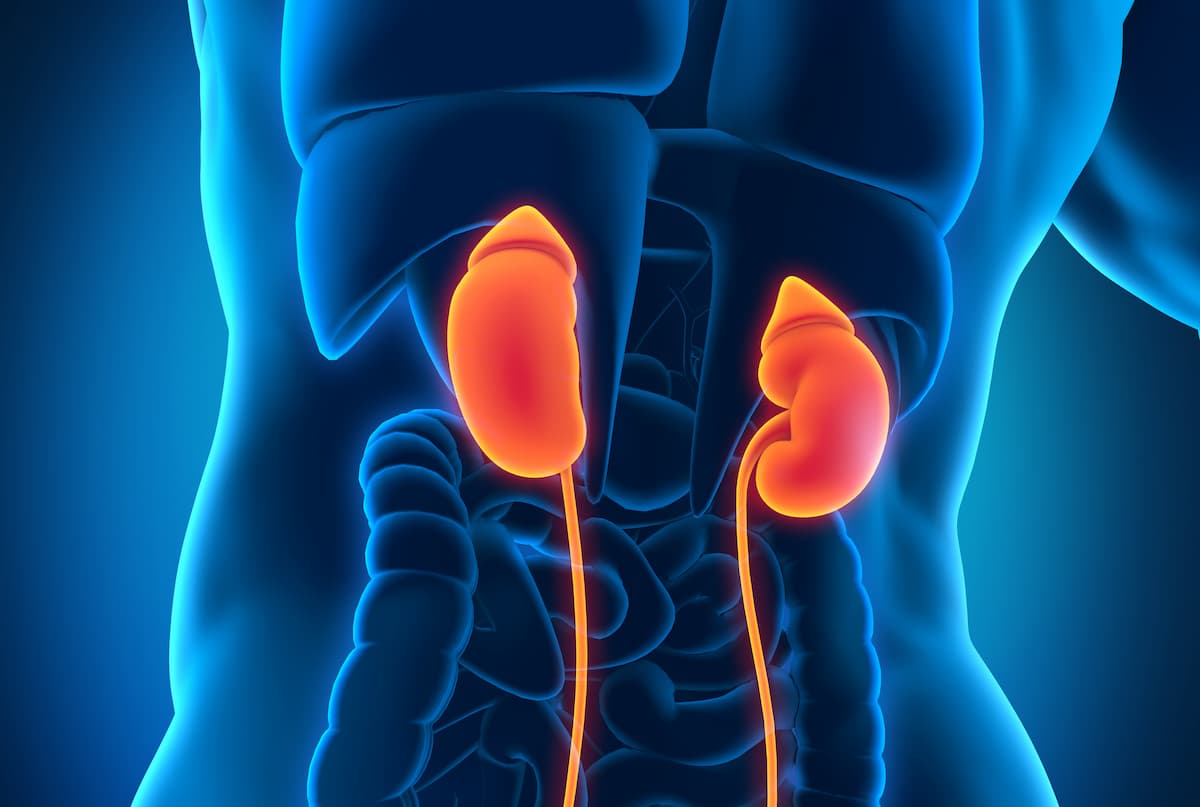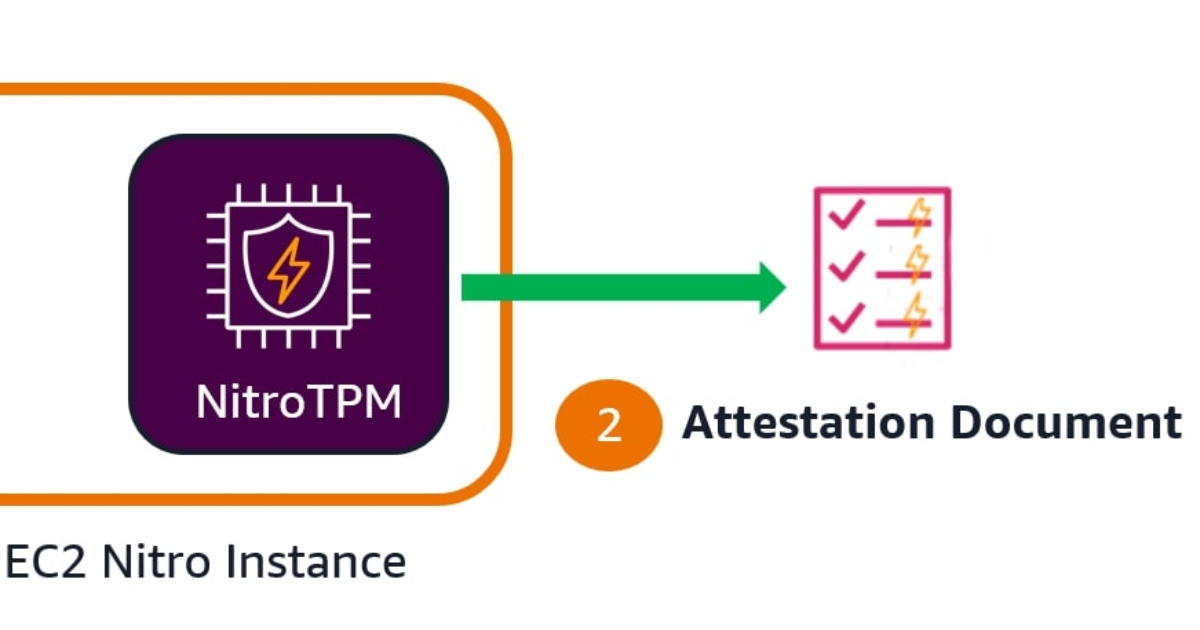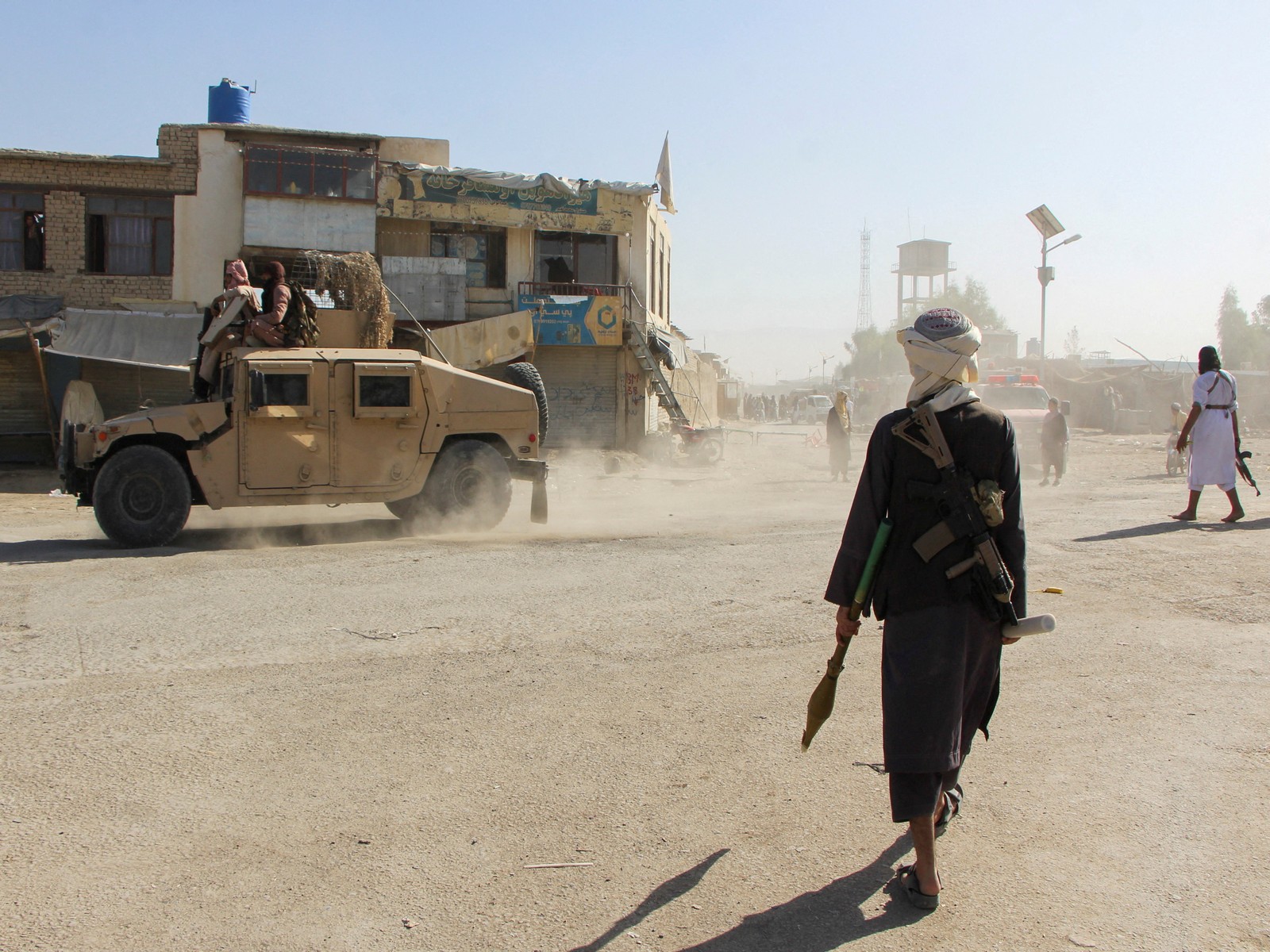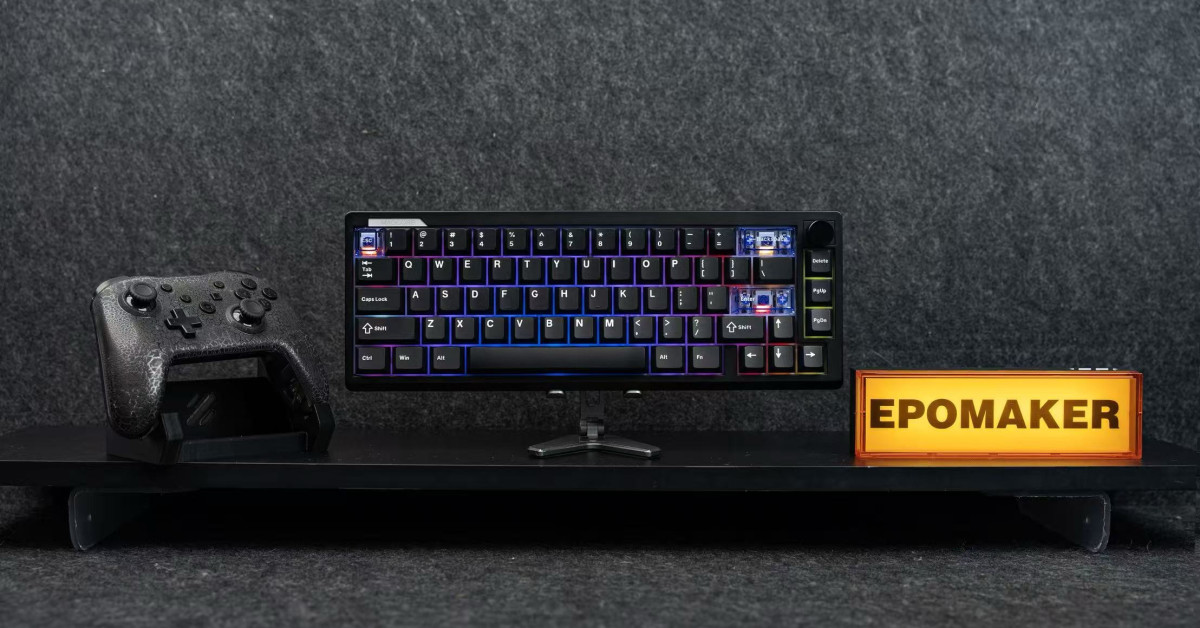Treatment with belzutifan (Welireg) plus pembrolizumab (Keytruda) and lenvatinib (Lenvima) improved efficacy outcomes compared with multiple other pembrolizumab-based triplet regimens in patients with advanced clear cell renal cell carcinoma (ccRCC), according to findings from substudy 3A of the phase 1/2 KEYMAKER-U03 trial (NCT04626479) presented at the
Providing the background for the study, Cristina Suarez Rodriguez, MD, PhD, of Vall d’Hebron University Hospital, Barcelona, Spain, said, “First-line triplet regimens adding novel mechanisms of action to standard doublet therapy may be a promising approach for advanced clear cell renal cell carcinoma…The potent and selective HIF-2α inhibitor belzutifan is a treatment for advanced RCC following prior anti-PD-(L1) and VEGFR-TKI therapy, and may be a highly suitable candidate for novel triplet therapy in the first-line setting.”
For substudy 3A (NCT04626479) of the umbrella phase 1/2 KEYMAKER-U03 trial, investigators sought to evaluate novel pembrolizumab-based regimens as first-line treatment for advanced ccRCC.
“The study employed an adaptive design in which experimental arms were added and/or inactivated on a rolling basis with a continuous enrolling reference arm. Experimental arms each had a safety lead-in phase of 10 patients,” Suarez Rodriguez explained.
Patients with histologically confirmed locally advanced or metastatic ccRCC as measurable by RECIST v1.1, no prior systemic therapy for advanced RCC, and a KPS score of at least 70% were eligible for the study. Following the safety lead-in phase, the study entered the randomized phase. In this phase, patients were randomly assigned to 2:1 to 1 of 5 arms. Arm 1 included coformulated favezelimab/pembrolizumab 800mg/200 mg intravenously every 3 weeks, and lenvatinib 20 mg orally once daily. Arm 2 included coformulated vibostolimab/pembrolizumab 200/200 mg IV every 3 weeks plus belzutifan 120 mg orally once daily. Arm 3 included coformulated quavonlimab/pembrolizumab 25 mg/400 mg IV every 6 weeks plus lenvatinib 20 mg orally once daily. Arm 4 included belzutifan 120 mg orally once daily plus pembrolizumab 400 mg IV every 6 weeks, plus lenvatinib 20 mg orally once daily. A concurrent reference arm included pembrolizumab 400 IV every 6 weeks plus lenvatinib 20 mg orally once daily.
Primary end points were overall responsive rate (ORR) as measured by RECIST v1.1 by blinded independent central review (BICR), as well as safety. Secondary end points included duration of response (DOR) and progression-free survival by RECIST v1.1 by BICR, as well as overall survival (OS).
Suarez Rodriguez reported ORR for the arms as follows:
• Arm 1: At a median follow-up of 39.2 months (range, 28.8-44.6 months), ORR was 62.7% (95% CI: 48.1-75.9).
• Arm 2: At a median follow-up of 16.4 months (range, 11.8-23.4 months), ORR was 42.5% (95% CI: 31.5-54.1).
• Arm 3: At a median follow-up of 22.1 months (range, 13.5-40.6 months), ORR was 71.3% (95% CI: 60.0-80.8).
• Arm 4: At a median follow-up of 23.4 months (range, 14.1-41.0 months), ORR was 77.5% (95% CI: 66.8-86.1).
• Reference arm: At a median follow-up of 21.2 months (range, 11.9-44.4 months), ORR was 80.6% (95% CI: 68.6-89.6).
Complete response was observed in 5 (9.8%), 4 (5.0%), 5 (6.3%), 10 (12.5%), and 4 (6.5%) patients across the respective arms.
In arm 1, DOR and PFS were found to be numerically similar to the reference arm, Suarez Rodriguez reported. The treatment regimen of arm 2 was found to be not superior to the reference arm. For arm 3, median DOR was 25.0 months (range, 2.4-37.1+ months) in arm 3 and 25.6 months (range, 1.4+-27.6 months) in the reference arm.
Arm 4 “showed a median duration of response of 33 months vs 26 months in the reference arm,” Suarez Rodriguez said. Median PFS was 31.8 months (95% CI: 26.3-NR) in arm 4 vs 20.8 months (95% CI: 12.4-29.0) in the reference arm (HR, 0.45, 95% CI: 0.25-0.83). OS was not reached in either arm.
Suarez Rodriguez also discussed safety across the regimens. Arm 1 had the highest incidence of grade 3 or higher adverse events (AEs) (86.9%), followed by arm 3 (73.3%), the reference arm (71.0%), arm 4 (70.0%), and arm 2 (68.9%). Arm 1 had the highest rate of treatment-related AEs (37.7%), followed by arm 3 (34.4%), arm 2 (31.1%), the reference arm (30.6%), and arm 4 (24.4%). Serious treatment-related AEs were highest in arm 1 (36.1%) followed by arm 3 (34.4%), the reference arm (30.6%), arm 2 (27.8%), and arm 4 (22.2%).
“As expected, the most common adverse event observed in the combination arms containing lenvatinib was hypertension. The most common adverse event in the combinations containing belzutifan was anemia,” Suarez Rodriguez said.
“In conclusion, observed efficacy of pembrolizumab plus lenvatinib were confirmatory of prior observations for this combination. Belzutifan/pembrolizumab plus lenvatinib and the anti-CTLA-4 combination had similar overall response rate compared to pembrolizumab/lenvatinib as first-line therapy in patients with previously untreated advanced clear cell renal cell carcinoma. Responses were potentially less favorable in the anti-LAG-3 and anti-TIGIT arms. Belzutifan plus pembrolizumab plus lenvatinib, but not the other investigative arms, may have been associated with a higher proportion of complete response, prolonged duration of response, and prolonged progression-free survival compared to pembrolizumab plus lenvatinib,” Suarez Rodriguez said in her concluding remarks.
Suarez Rodriguez also noted that belzutifan plus pembrolizumab plus lenvatinib and quavonlimab/pembrolizumab plus pembrolizumab are being evaluated in the phase 3 LITESPARK-012 study (NCT047367706).
DISCLOSURES: Suarez Rodriguez noted research funding and medical writing support from Merck Sharp & Dohme (MSD) LLC; research funding from Bristol Myers Squibb, Ipsen, Pfizer, and Roche; advisory board membership with Astellas, AstraZeneca, Bristol Myers Squibb, and MSD; travel accommodations from Bayer, speakers’ bureau membership with AstraZeneca, Astellas, Bristol Myers Squibb, Ipsen, and MSD; an invited speaker for Bristol Myers Squibb and MSD; and expert testimony for Bristol Myers Squibb and MSD.
Reference
1. Suarez Rodriguez C, Rojas CI, Shin SJ, et al. First-line pembrolizumab-based regimens for advanced clear cell renal cell carcinoma: KEYMAKER-U03 substudy 03A. Presented at: European Society for Medical Oncology Congress. October 17-21, 2025. Berlin, Germany. Abstract LBA96. https://s3.eu-central-1.amazonaws.com/m-anage.com.storage.esmo/static/esmo2025_abstracts/LBA96.html.pdf









